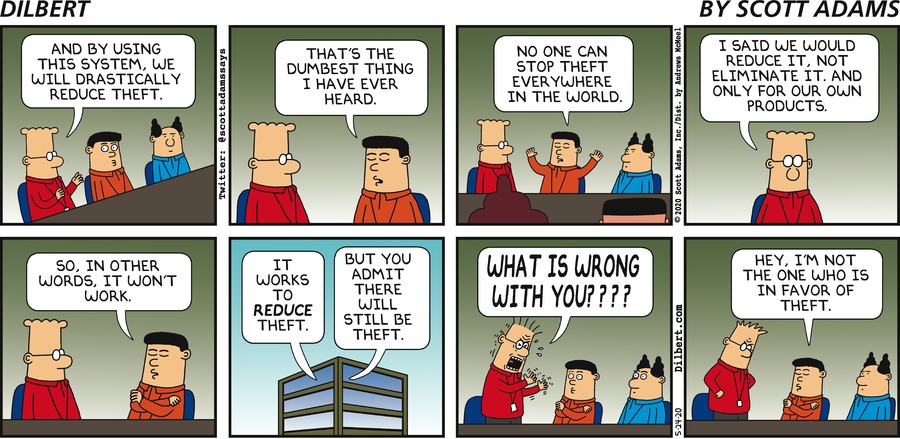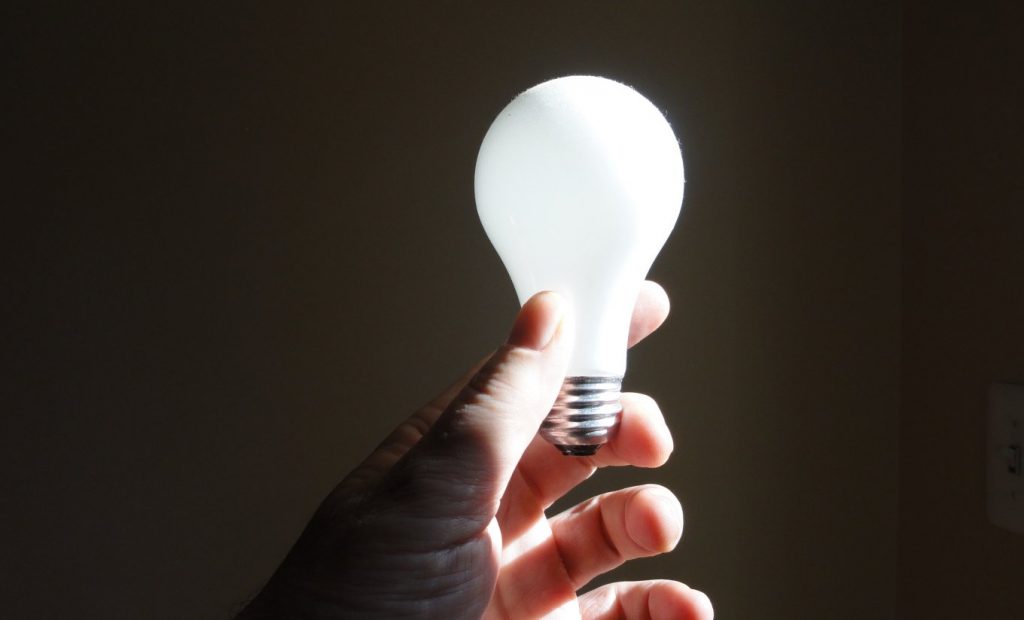We hear that all the time. Today I read an article saying that America lags behind THE WORLD in processing e-waste. I heard on the radio yesterday that American higher education is at risk. You would think we lived in the worst place it world. Yet anybody who has lived or especially worked anywhere else knows that America is one of the best places in terms of almost everything people really want.
Is everybody just stupid for not seeing this? Is it anti-American propaganda? Do “they” hate us? Are we betrayed by the opinion-making elites in our own country? I think the answer often is simpler and structurally-based on a few factors that seem neutral in themselves but produce the negative buzz we have come to expect from the chattering classes in the American and international media.
Doom and gloom industry
There are definite concrete and often money advantages to looking at the negative side of life. Various NGOs have organized to solve the world’s problems. They depend on bad news to fund raise. What are the chances they will announce that the problem they have been fighting for years has been substantially solved? This incentive system goes double for lawyers, who can often get courts to use their coercive power to get money directly. Of course, this doesn’t apply only to America, but it applies especially to America where the money going to NGOs and lawyers is by far the largest in the world. It makes sense to go after the deep pockets.
Cherry picking comparisons
One of my jobs was to give talks about America to foreign audiences. I used to start with the statement, “Everything you have heard about America is right.” This is true because the U.S. is so big and diverse. We have the some of the best schools and some of the worst. We have the fattest people and the fittest people. We also have fifty states, each with its own problems and personality. We like to make lists and it is very easy to pick the comparison you want and usually those comparisons are negative.
The U.S. is a continental country. In many ways, it can be compared only to other continental units, such as China, Russia, Brazil, India or maybe the ENTIRE EU. Otherwise we get inappropriate unit comparisons of the whole U.S to whatever are the best performing countries in any particular category. It would be like comparing the average of 1000 people in various categories against the best individuals – different ones depending on the need. We could do the same with states. For example, the relatively poor American state of Arkansas has a per-captia income about that of Germany.
There are also problems of scale. A country like Norway has only around 5 million people and they are relatively homogenous. Many things can be done on a small scale that cannot be scaled up. I lived in Norway for four years and thought it was a great place to be but I understood that the institutions that work for them cannot be scaled 60 times, even if all the 300+ Americans wanted to do it.
What they say, not what they do
Surprise. Not everybody does what they promise. This is especially true among leaders of less democratically oriented countries, since they have less of a domestic check, but it works for everybody. My personal indicates that America promises less than many other places, but delivers more. Many countries declare the RIGHT to things and may even assign a government bureaucracy to deliver, but they don’t. Citizens get stuck with long waiting lines or defacto rationing. For example, I observed that people found it very difficult to get day-care in Norway. It was a RIGHT, but there was a long waiting list. Sometimes the problem was solved when the kid got old enough not to need it. We have fewer official social rights in the U.S. but we can often GET things easier.
One problem is that REALITY in America is compared with promises or aspirations elsewhere. It is always easier to make plans and promises than to deliver results. But it gets even worse when the promises are compared. We lose whenever we get into a rhetorical bidding war. Reality is more important but harder to measure.
Government v private & theories of history
The government even today has a smaller role in American society than it does almost every place else. This goes back hundreds of years. Alexis de Tocqueville described it in 1831. We Americans rely much more on self-organized groups and volunteers. No other country has such a large charity and volunteer sectors.
Related to the role of government is a deeply embedded theory of history and storytelling. Stories have heroes and villains. Actual events often do not. The American system is decentralized and much more self-organized than the average country. But people still look for some human agent even when something happens for diffuse and impersonal reason. They always find one. That is why conspiracy theories are so popular. It is usually not true, but we get blamed anyway.
The Katrina Effect
I was listening to NPR as I was writing this an on came Daniel Schorr with a tangential example. He was talking about the shortages of H1N1 flu vaccine and how people were blaming government incompetence. People get very high expectations that government can control natural disasters, he said, and when things work less well than can be imagined, they get angry. It was a similar problem with Katrina. I was a little surprised that Schorr used the Katrina example. I guess as we get farther away from it, it becomes less politically charged.
Improvement actually makes things look worse
I wrote about this in a previous note. Continuous Improvement Makes Everything Look Bad Looking Back
Anyway, these are a few of the thoughts that came to me after seeing those articles. I am not saying that there are not bad guys out there that want to give us a hard time, but even absent ill will, we still face structural challenges. The sad part is that there is little we can do about them. In many ways it would be better if it was the work of our opponents. We might be able to identify them and contain their propaganda, maybe even change some minds. With structural problems … we just have to live with them. I would say that we can slowly change them, but I am not sure we can. Sometimes you have to choose between actually doing something and seeming to do something. Promises are great, but it is usually better to get something really.




